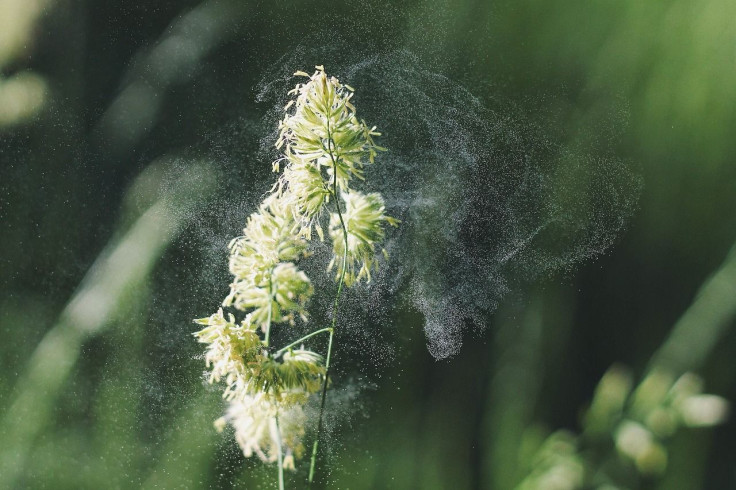New Biodegradable Nanoparticles May Become ‘Universal Treatment’ For Allergies, Asthma

Researchers have developed a potential new method to treat asthma and allergies by sneaking allergens into the body, masked behind biodegradable nanoparticles. This method would prevent the immune system from attacking them, and possibly even cure allergies as well as allergy-related asthma.
“The findings represent a novel, safe and effective long-term way to treat and potentially ‘cure’ patients with life-threatening respiratory and food allergies,” said Stephen Miller, professor of microbiology-immunology at Northwestern University and an author of the study, in a statement. “This may eliminate the need for life-long use of medications to treat lung allergy.”
In an allergic reaction, the immune system sees an essentially harmless substance — anything from a type of food to particles in the air you breathe — as a threat, then mercilessly begins to attack it. An allergic reaction typically involves the production of histamine, and results in sneezing, watery eyes, rashes, or coughing. In severe cases, known as anaphylaxis, patients can experience life-threatening symptoms and need treatment immediately.
The power of the new method lies in placing antigens from allergens inside protective nanoparticles made of biodegradable elements. For the study, the researchers injected the nanoparticle into the bloodstreams of mice. When the nanoparticle which contains the allergen enters the body, the immune system scans it but doesn’t react with vengeance like it normally would. Clothed by the nanoparticle shell, the allergen goes unnoticed and is then picked up by a macrophage, referred to by the researchers as “vacuum-cleaner cell.” Rather than provoke the immune system to attack it, this “presents the allergen or antigen to the immune system in a way that says, ‘No worries, this belongs here,’” Miller said in the statement.
Researchers believe that over time the antigen would aid the immune system in developing tolerance against common food allergies, like peanuts, which are normally rejected as foreign objects in allergy sufferers.
Though the study was only done in mice, the researchers are working on advancing the experiment to clinical trials. While more research is needed to see if the same effects can be repeated in humans, Miller and his team hope that the treatment could be a widespread solution — if not cure — for life-threatening allergies or asthma.
“It’s a universal treatment,” Miller said in the statement. “Depending on what allergy you want to eliminate, you can load up the nanoparticle with ragweed pollen or a peanut protein.”
Source: Smarr C, Yap W, Neef T, Pearson R, Hunter Z, Ifergan H. Biodegradable antigen-associated PLG nanoparticles tolerize Th2-mediated allergic airway inflammation pre- and postsensitization. PNAS, 2016.



























